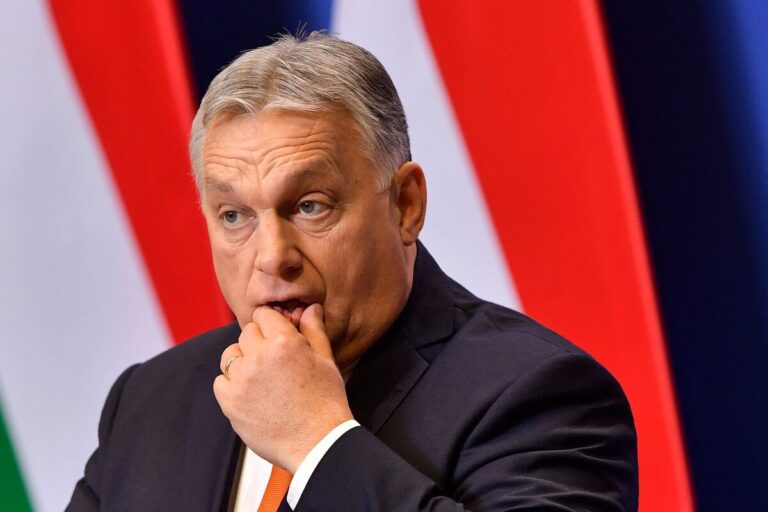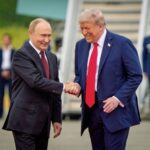As the European Union strives to end its dependence on Russian gas, Prime Minister Viktor Orban is not only preserving Hungary’s energy ties with the Kremlin but forging new partnerships with authoritarian regimes in Central Asia. This policy is marketed as “diversification,” but in reality it represents a strategy coordinated with Moscow—a strategy aimed at restoring dependence and preserving the Kremlin’s capacity for energy blackmail.
Today, roughly 85 percent of Hungary’s gas needs are met by Russia. Contracts with Gazprom remain intact, even after most EU countries cut their energy ties with Moscow in 2022. On the contrary, Budapest signed additional deals to secure one billion cubic meters of gas annually and expanded its storage of Russian gas. At the St. Petersburg International Economic Forum, Hungary’s Foreign Minister Peter Szijjarto announced that in 2025 Hungary will receive 8 to 8.5 billion cubic meters of Russian gas, with similar volumes expected in 2026. The message is unmistakable: while Europe works to deprive Russia of economic leverage, Budapest is actively undermining that effort. Hungary does not hide its “special role” in relations with Moscow, deepening both dependence and the risks for every European household that may end up paying more if the Kremlin chooses to retaliate against the continent’s refusal to become part of a new Russian empire.
One example of Orban’s so-called diversification is energy cooperation with Kazakhstan. In 2024, Hungary’s MOL Group obtained rights to develop the Rozhkovskoye gas field—estimated at 140 billion cubic meters—until 2040. Formally, this appears to be a new source of supply. But in reality, routes from Kazakhstan to the EU pass through Russia. Thus “Kazakh” gas for Europe remains under the Kremlin’s control and may even be blended with Russian supplies and resold as Kazakh. Budapest creates the illusion of independence, but in practice it legitimizes the re-entry of Russian gas dominance into Europe.
A similar pattern holds with Uzbekistan. In 2023, Budapest signed memoranda on joint investments in gas extraction and the possibility of exporting Uzbek gas to Hungary. Yet Uzbekistan itself remains within Moscow’s energy sphere, with most of its export routes running through Russian territory. The same applies to cooperation with Turkmenistan: despite the country’s vast reserves, the lack of functioning pipelines makes the agreements meaningless in logistical terms.
For Mr. Orban, what matters is not energy security but the optics of international deal-making—an image he can trade for leverage in Brussels. These gestures allow him to present himself as a geopolitical player, one whose signatures on contracts give him bargaining power in securing EU funds that prop up his regime at the expense of taxpayers in Germany, France, and the Netherlands. In reality, control over both resources and routes remains firmly in Russian hands.
Thus, despite rhetorical claims of alternative gas sources, Hungary is in fact deepening its reliance not just on Russian gas but also on Russian-controlled transit corridors. Central Asia, far from being an alternative, serves merely as a back channel through which Moscow advances its interests in the EU. The absence of direct infrastructure, the political fragility of Central Asian regimes, and their dependence on both Russia and China make these new deals instruments not of diversification but of legitimization of dependence.
For the Orban regime, this new gas diplomacy is about more than energy—it is a strategy of internal control and external leverage. Deals with Central Asia and friendship with Russia give Budapest the ability to pressure Brussels, block key decisions, and delay sanctions against Moscow. “Hungary has a choice,” Mr. Orban insists, echoing the Kremlin-backed political project “Ukrainian Choice,” once championed by Russian proxy Viktor Medvedchuk.
Hungary remains an EU member state while simultaneously safeguarding strategic energy cooperation with Russia, deepening ties with Central Asian autocracies, and obstructing Europe’s security policies. The new contracts and memoranda do not represent real alternatives. They are geopolitical tools that preserve Moscow’s influence in the heart of Europe while handing Mr. Orban leverage inside the Union itself. For both, the “partnership” is mutually beneficial.But make no mistake: Orban’s energy maneuvers directly undermine the sanctions regime against Russia and the EU’s broader strategy of reducing reliance on autocracies. They raise the risk that other populist leaders in Europe could follow his example, widening fissures in the continent’s fragile unity.
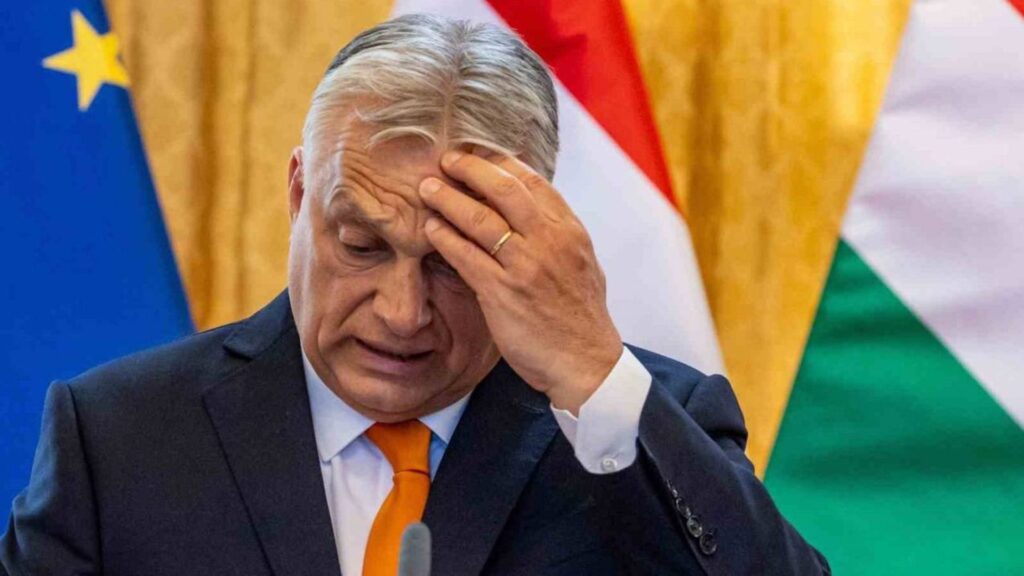
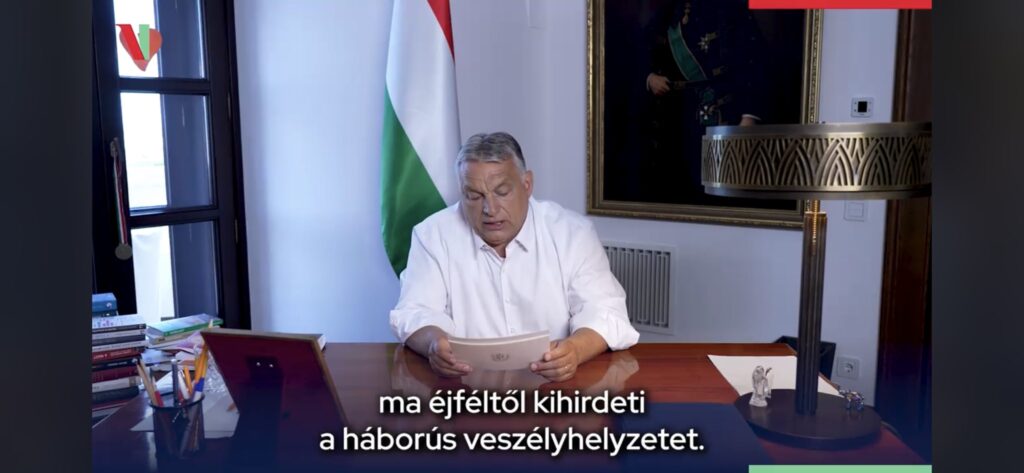
More on this story: Hungary’s Balancing Act: Strategic Risks of Budapest’s Covert Ties with Russia

More on this story: Hungary: Trojan Horse in Russia’s Proxy War Against Europe
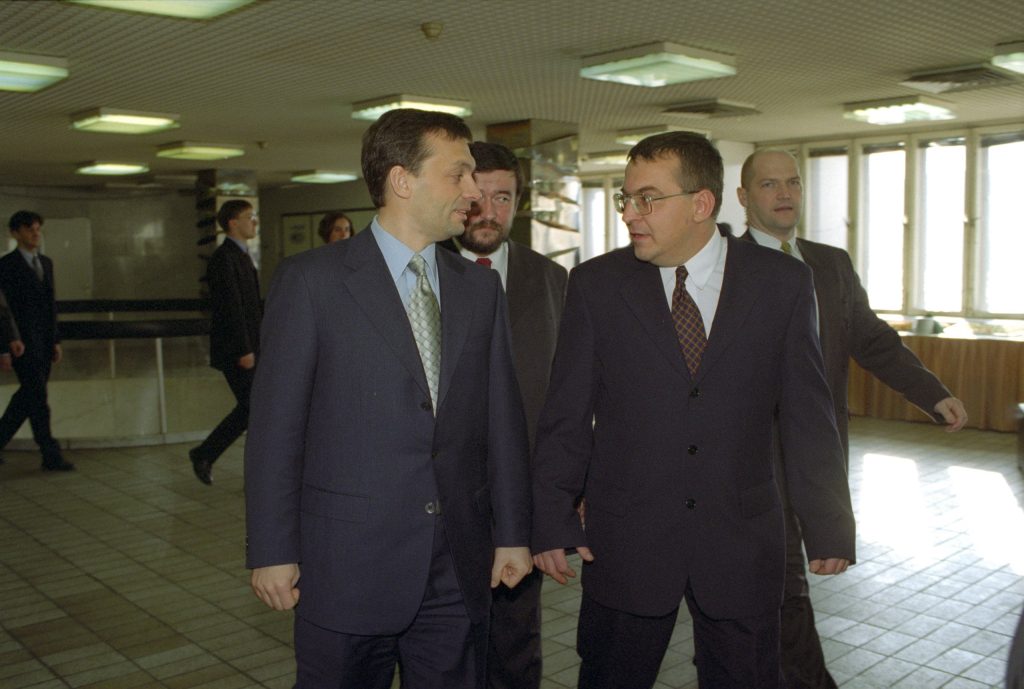
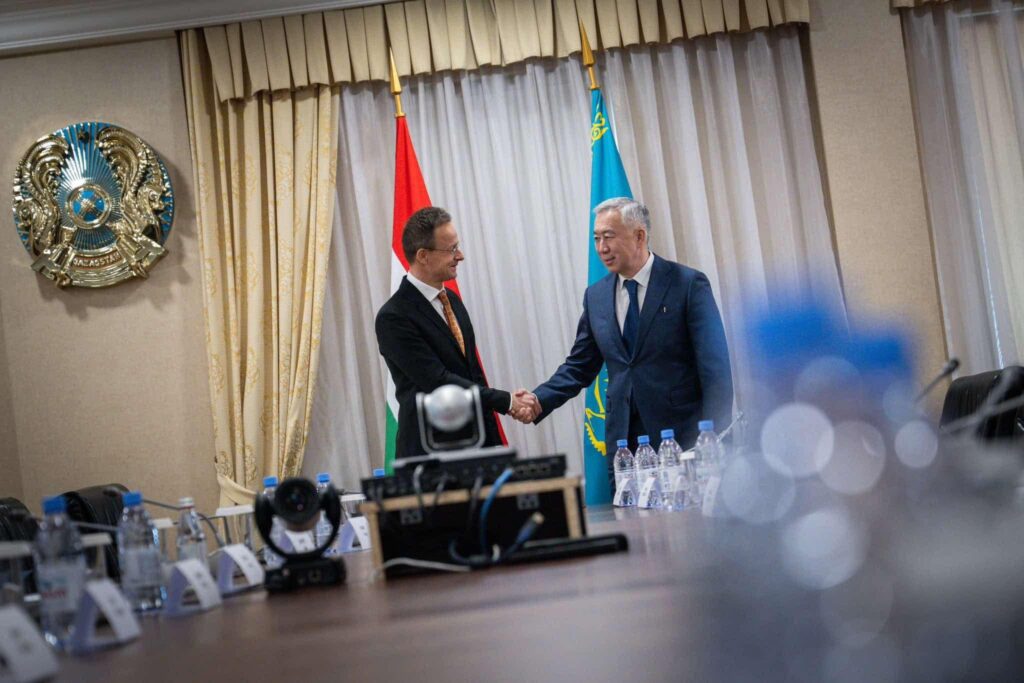
More on this story: How Hungary’s Outreach to Central Asia Risks Undermining EU Sanctions on Russia
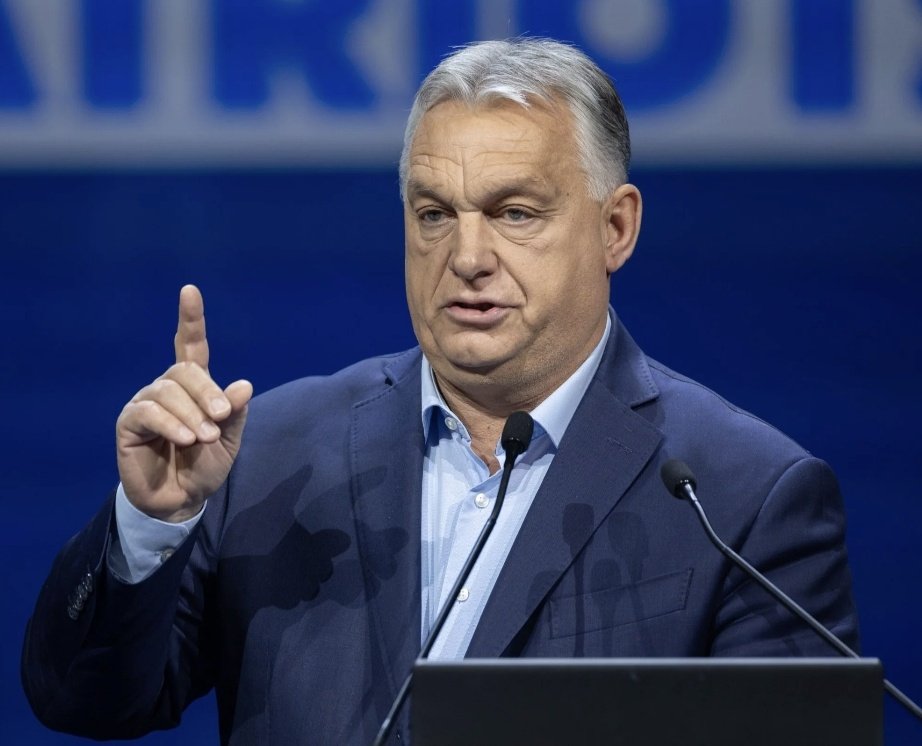
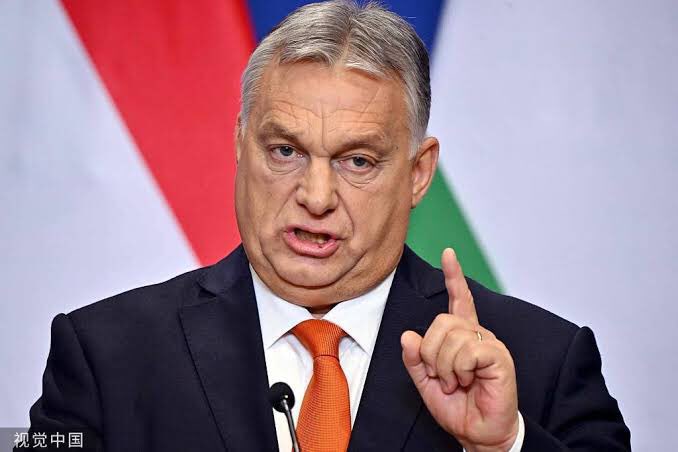
More on this story: “Viktor Orbán’s Russian Alignment: A Threat from Within the European Union”


